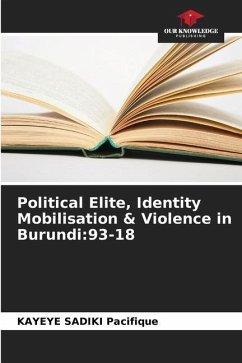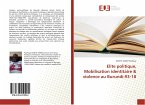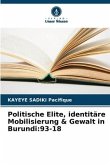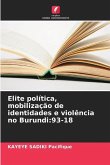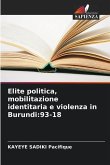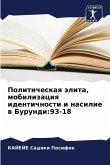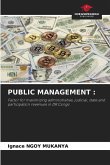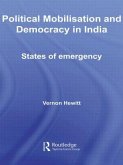Burundi's socio-political space remains fertile ground for divergent identities, given its historical past: the monarchic period was free of political and ethnic conflict, and there was social homogeneity and cohesion, a pure contradiction compared with the years 1965, 1972, 1988 and 1993, which were characterised by social divisions. One wonders how Burundian society, which is homogeneous in terms of culture and language, has developed an identity categorisation, and how the cohabitation of Burundians has not frozen irritating memories and frustrations that could lead to political violence. This project focuses on the political elite, identity mobilisation (ethnicity) and violence in Burundi, where political mobilisation is based on ethnic identity, which emerges with political demands to the point of undermining social structures. The strategy of the political actors appears in the exacerbation of ethnic conflicts and in the dichotomisation of social relations. The dominant strategy of the actors is to exhume painful memories capable of irritating the masses.
Bitte wählen Sie Ihr Anliegen aus.
Rechnungen
Retourenschein anfordern
Bestellstatus
Storno

